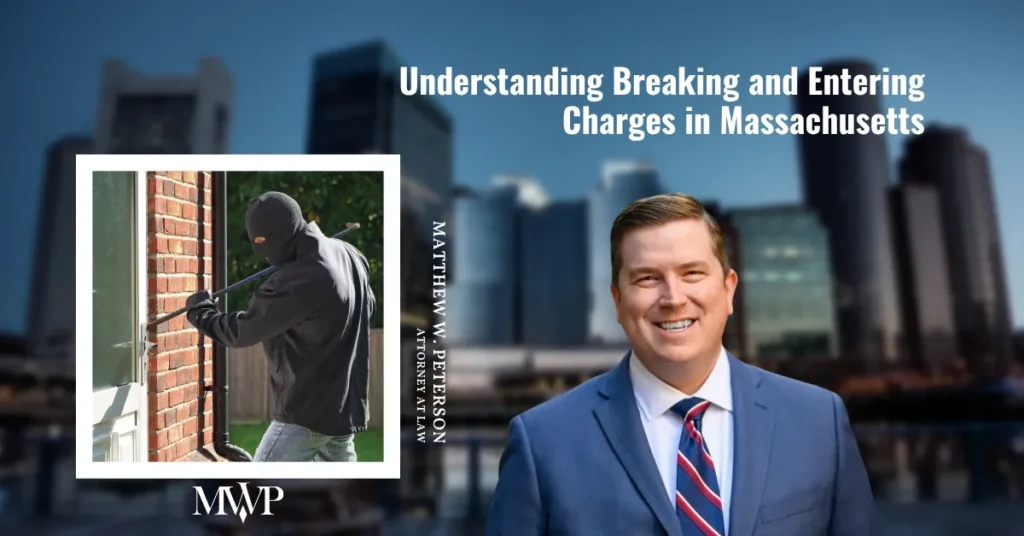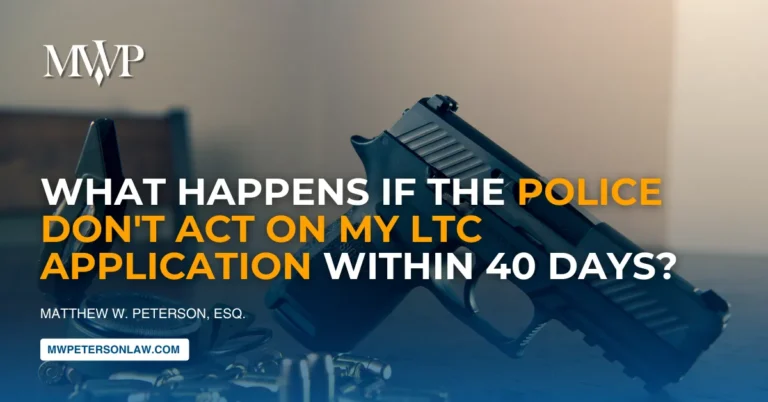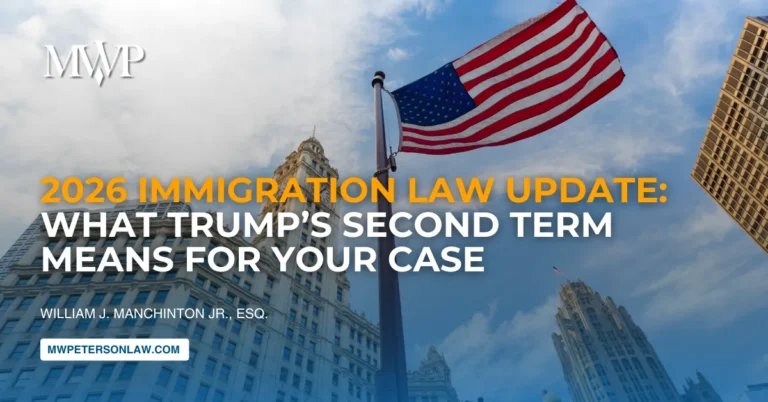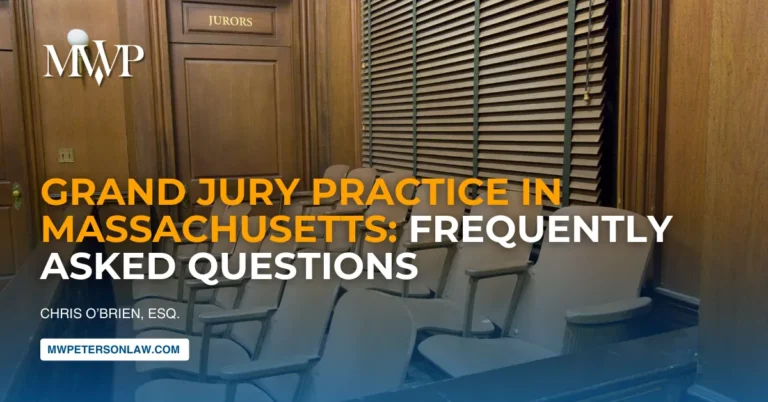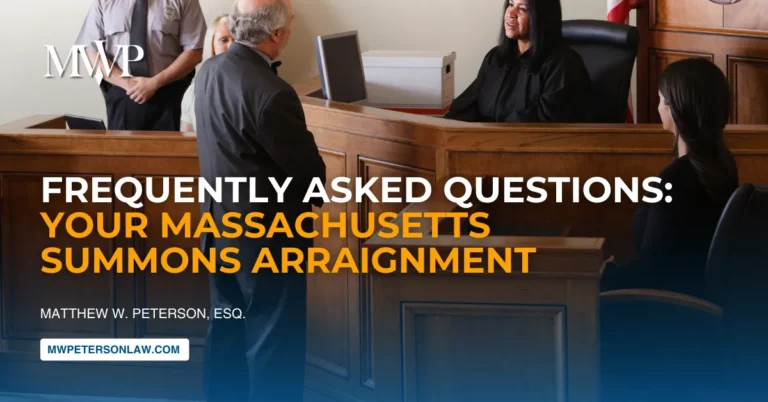If you’ve been facing breaking in and entering charges in Massachusetts, you’re likely feeling overwhelmed and uncertain about what comes next. This guide explains what these charges mean, what penalties you might face, and how an experienced defense attorney can help protect your rights.
What Is Breaking In and Entering Charge?
Breaking in and entering occurs when someone forcibly enters another person’s property intending to commit a crime inside. Despite what many people think, you don’t have to literally “break” anything – even opening an unlocked door or window counts as breaking under Massachusetts law.
The Four Elements Prosecutors Must Prove
- Used force to enter (even minimal force like pushing open a door)
- Actually entered the property (even partially, like reaching through a window)
- Entered someone else’s property without permission
- Intended to commit a crime once inside
Types of Breaking and Entering Charges
Massachusetts has several different breaking and entering statutes, each with its own penalties:
Nighttime Breaking and Entering with Intent to Commit a Felony
This is the most serious charge, carrying up to 20 years in state prison. “Nighttime” means one hour after sunset to one hour before sunrise.
Daytime Breaking and Entering
If the same offense happens during the day, the maximum penalty drops to 10 years. The law recognizes that nighttime entries are generally more dangerous since people are more likely to be home and asleep.
Breaking and Entering with Intent to Commit a Misdemeanor
This lesser charge applies when you intended to commit only a minor crime inside. It carries up to 6 months in jail and/or a $200 fine.
Special Circumstances
- Someone was put in fear during the offense
- You were armed with a firearm (7-year mandatory minimum)
- You have prior convictions (potential life sentence for repeat offenders)
Common Defenses That Work
You Didn't Intend to Commit a Crime
Remember, the prosecution must prove you planned to commit a crime when you entered. If you can show you entered for an innocent reason, you have a defense.
You Had Permission
If the owner gave you permission to enter, there’s no crime. This includes situations where you reasonably believed you had permission.
The Police Violated Your Rights
Massachusetts has some of the strongest privacy protections in the country. If police obtained evidence illegally – through an improper search, failure to read Miranda rights, or an unlawful arrest – that evidence can’t be used against you.
You Own or Live There
You can’t break into your own home. This defense applies if you have a legitimate right to be in the property, even if you’re not the owner.
What Makes Massachusetts Different
- Police can’t use the “good faith exception” to save illegally obtained evidence
- Traffic stops have strict time limits
- Cell phone location data requires a warrant
How Is This Different from Burglary?
- Burglary only applies to homes at night with intent to commit a felony
- Breaking and entering covers any building, vehicle, or vessel at any time
- Criminal trespass is simply being somewhere you shouldn’t be, without intent to commit another crime
What Should You Do If Charged?
1. Don't Talk to Police
Anything you say can be used against you. Politely decline to answer questions and ask for a lawyer.
2. Contact an Attorney Immediately
Early intervention can make a huge difference. An experienced attorney might be able to:
- Get charges dismissed at a clerk’s hearing before they’re formally filed
- Negotiate reduced charges
- Identify constitutional violations that could get evidence thrown out
3. Gather Information
- Why you were at the location
- Any permission you had to be there
- How police contacted you
- What they said and did
The Bottom Line
Breaking in and entering charges are serious, but they’re also defensible. The prosecution must prove every element of the crime, and Massachusetts law provides numerous protections for defendants. With the right legal representation, you can challenge the charges, protect your rights, and work toward the best possible outcome.
Don’t face these charges alone. Contact the Law Office of Matthew W. Peterson today for a consultation to discuss your specific situation and develop a defense strategy tailored to your case.

